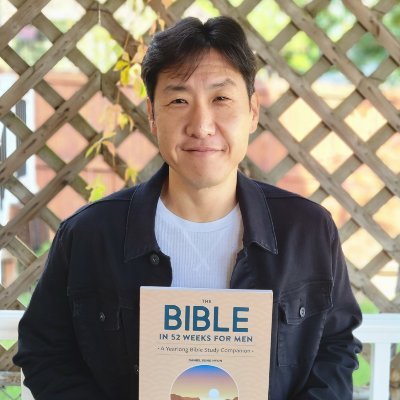
By Daniel Hyun
Those working for justice and reconciliation in the church sometimes face an accusation of kowtowing to secular political correctness rather than faithfulness to the true message of the gospel. However, when we look at the storyline of the Scriptures, God’s redemptive plan involves a vision for a diversity of cultures to be reconciled into a new family.
While unified, this new family celebrates our differences in areas like race, ethnicity, and class. I want to suggest that as the church actively lives out this work of reconciliation, the people of God are also living out the very mission of God.
Communion in our Commission
John 20:21 shares Jesus’ words of commissioning to his followers: “As the Father has sent me, I also send you.” Though used (correctly) to motivate the people of God on mission, Western readers of Scripture have often leaped over the implications found here for God’s revelation of himself as triune in nature.
To understand the God of mission is not to focus merely on one member of the Godhead, whether Father, Son, or Spirit. Rather, the mission of the church is unveiled when the nature of God is understood in the proper context of His own communion.
The unity of the people of God on a common mission is given flesh when we grasp the relationality found within the triune Godhead. The very relationships we commit ourselves to as the reconciled people of the church also serve as the mission of Christ’s love that we advance together.
How revolutionary it is to learn that this God who sends His people on mission is foundationally relational in His very being and that our mission itself is to be reconciled into greater unity!
Communion in our Context
For a Western Church that has often emphasized the individuality of the believer, the implications of the communal nature of God bring a radical reformation to the understanding of Christian faith and mission. We should not be surprised by the consumerism so rampant in the Western Church when our paradigms have often communicated what He can do for each of us individually as the primary message.
However, viewing the Christian life through communal eyes shows that the goal of redemption is not only one’s destination for eternity but a renewed life in relationship with God and others. This includes those from other cultures with whom we would have no other bond apart from our shared union in Christ.
Thus, the growing and unified representation of diverse cultures in our communities is the church on mission as we display the presence of a real God revealing Himself in our midst.
Communion in our Biblical Interpretation
Understanding God relationally may require a reorientation of our reading and interpretation of the Bible. It requires humble dependence on the Holy Spirit to supernaturally translate the timeless words of Scripture with the shifting understanding of the culture in which those words are read.
Though we affirm that the truth of God’s Word doesn’t change, our comprehension of that Word continually develops as we grow in maturity as the Church and as the very demographic of people who comprise the universal Church changes as the Great Commission goes forth into the world.
For example, those who were the Church in 1517 would be a very different picture than what we see today. Throughout history, an increasing number of cultures have been exposed to the beauty of the Gospel, with more new voices contributing to our knowledge of God.
Communion in our Diversity
To bring it to a local level, a growing diversity of cultures making up our local church communities can help us to interpret the truth of God better and enhance our knowledge of facets of His being which would heretofore remain unrecognized.
The shared and growing collaboration of diverse peoples will help us to know and love a God who is far bigger than each of our finite minds could comprehend on our own. The diversity found in a reconciling church may be one of the most biblically faithful expressions a church can make in displaying the glory of God’s saving power in a world divided by sin.
In committing ourselves to the ministry of reconciliation, our goal is not merely to be more acceptable to a society that values tolerance and diversity. Rather, in pursuing these endeavors and the contextually appropriate repentance and reparation that may be involved, God is inviting us into a journey to know Him and become more like Him.
As more voices contribute their respective wisdom to our collective knowledge of God, our hope through the reconciling church is to position ourselves missionally to best represent the beauty of the one true God to a diverse world.

Daniel Hyun
Daniel is the husband to Judie, father of two precious girls, and lead pastor of The Village Church in Baltimore, Maryland.









